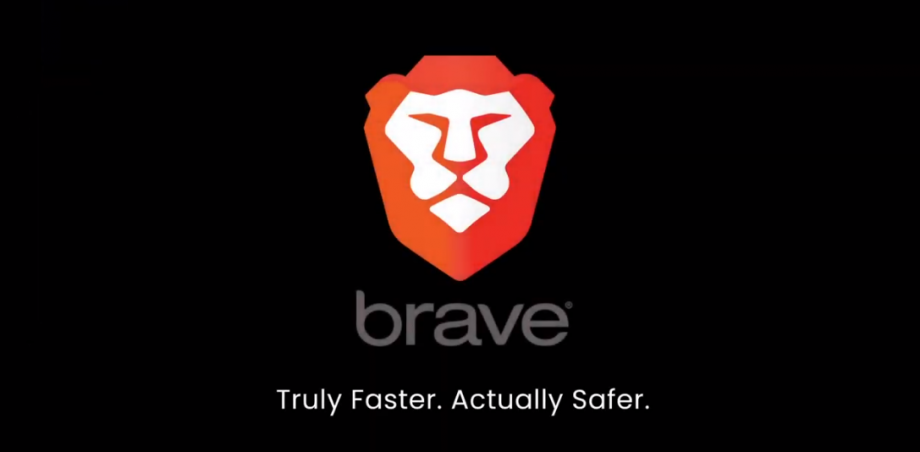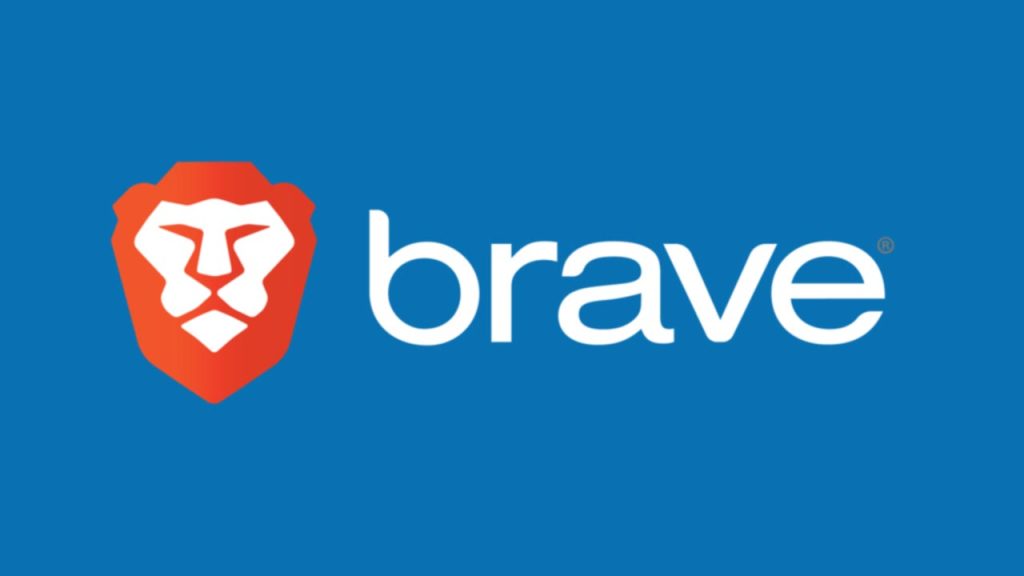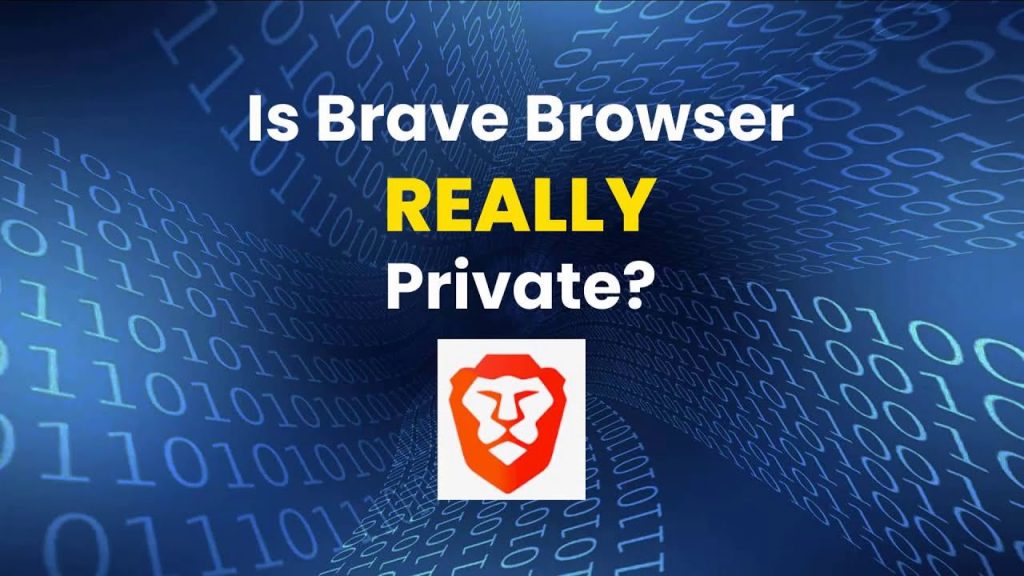Introduction
Welcome, dear readers, to a captivating exploration of the realm of private web surfing. In an increasingly interconnected world, where online interactions have become an integral part of our daily lives, the need for safeguarding one’s online privacy and security has become paramount. This article delves into the intricacies of private web browsing, illuminating its definition, elucidating its significance in the context of online privacy and security, and providing an overview of the forthcoming discussion.
Definition of Private Web Surfing
Private web surfing, often referred to as incognito or private browsing, encapsulates various methods and tools employed to conceal one’s digital footprints during internet usage. Unlike regular browsing sessions that leave behind a trail of cookies, temporary files, search history entries, and other traces that can compromise privacy or facilitate tracking by third parties such as advertisers or malicious actors; private web surfing aims to minimize or eliminate such records entirely.
Importance of Online Privacy and Security
The importance of online privacy and security cannot be overstated in today’s interconnected society. As we navigate through the vast expanses of cyberspace in search of information or engage in activities such as online banking or e-commerce transactions, our personal data becomes vulnerable to various threats.
Cybercriminals exploit any opportunity to harvest sensitive information for nefarious purposes while advertising companies are keen on collecting user data for targeted marketing campaigns. Therefore, safeguarding our online privacy is essential not only to protect our personal information but also to preserve our autonomy in this digital age.
Overview of the Outline
To guide us through this intricate subject matter comprehensively and eloquently, it is imperative to provide an overview of what lies ahead. We will begin by distinguishing between regular browsing sessions and private web surfing; shedding light on how the former leaves digital footprints while unveiling the advantages of the latter.
Next, we will explore various tools that enable private web surfing, such as Virtual Private Networks (VPNs), Tor Browser, and Proxy Servers. Furthermore, we will delve into additional measures one can take to enhance online privacy, including clearing cookies and cache, utilizing privacy-focused search engines, and blocking trackers with browser extensions.
We will address potential risks associated with private web surfing and debunk misconceptions about achieving complete anonymity online. Brace yourselves for an enlightening journey through the realms of private web browsing!
Understanding Private Web Surfing
Differentiating between regular and private browsing
When we engage in regular web browsing, our online activities are often recorded and tracked by various entities such as internet service providers (ISPs), advertisers, and even government agencies. Regular browsing leaves behind a trail of digital footprints that can reveal sensitive information about our online behavior, including the websites we visit, the searches we perform, and the content we interact with. On the other hand, private web surfing is a technique that allows individuals to maintain a higher level of anonymity and protect their online privacy by preventing the accumulation of these digital footprints.
How regular browsing leaves digital footprints
Every time we access websites or use online services in our regular browsing mode, our browsers store information such as cookies, cache files, and browsing history. These elements not only enhance user experience but also enable websites to track our activities across different pages and sessions. Advertisers employ sophisticated techniques to gather data on users’ preferences and behavior which is later used for targeted advertising or even sold to third parties for various purposes.
Additionally, ISPs can monitor users’ internet traffic and record their actions. This accumulation of digital footprints compromises individual privacy and may expose users to potential risks.
Benefits of private web surfing
Private web surfing offers several advantages in today’s interconnected world. Firstly, it grants individuals greater control over their personal data by minimizing the accumulation of digital footprints.
With reduced tracking capabilities comes enhanced privacy since third-party entities have limited access to an individual’s online activities. Additionally, private web surfing helps prevent personalized advertisements from bombarding users with unwanted marketing campaigns based on their previous browsing behavior.
Moreover, it allows individuals to access geographically restricted content or bypass censorship imposed by certain governments or institutions—an essential tool for those advocating for freedom of information worldwide. By understanding the distinctions between regular and private browsing, comprehending the digital footprints left behind in regular browsing, and recognizing the benefits of private web surfing, individuals can make informed decisions regarding their online privacy.
Tools for Private Web Surfing
Virtual Private Networks (VPNs)
One of the most effective tools for private web surfing is a Virtual Private Network (VPN). A VPN creates a secure and encrypted connection between your device and the internet by routing your internet traffic through a remote server.
This effectively masks your IP address and encrypts your data, making it difficult for anyone to track or intercept your online activities. The advantages of using VPNs for privacy are numerous.
Firstly, they provide anonymity by hiding your true IP address and replacing it with the IP address of the VPN server. Additionally, VPNs offer enhanced security by encrypting your data, protecting it from potential eavesdroppers or hackers.
However, there are some disadvantages to consider as well. Using a VPN might lead to slightly slower internet speeds due to the rerouting process, and free VPN services may come with limitations on bandwidth or less reliable security measures.
Tor Browser
The Tor Browser is another powerful tool that ensures private web browsing. It is based on the Tor network, which stands for “The Onion Router.” The purpose of Tor is to enable anonymous communication online by using a series of relays to disguise user identities and protect their privacy. The Tor Browser takes advantage of this network by providing users with a modified version of Mozilla Firefox that is pre-configured to route internet traffic through the Tor network.
It offers features such as blocking third-party trackers, preventing browser fingerprinting, and access to websites hosted on the dark web. Utilizing the Tor Browser provides users with an additional layer of privacy protection.
Proxy Servers
Proxy servers act as intermediaries between you and the websites you visit, helping you maintain privacy while surfing the web. When you connect to a website through a proxy server, it masks your IP address and forwards requests on behalf of your device. This means that the website you visit only sees the IP address of the proxy server, not your actual IP address.
There are various types of proxy servers, including HTTP, HTTPS, and SOCKS proxies. Each type has its own purpose and level of security.
HTTP and HTTPS proxies are commonly used for web browsing, while SOCKS proxies offer more versatility by supporting various protocols beyond just web traffic. Utilizing a proxy server can help protect your privacy by adding an extra layer of anonymity between you and the websites you visit.
Additional Measures for Enhanced Privacy
A: Clearing Cookies and Cache
Cookies play a significant role in tracking user activity online. They are small text files stored on your device that store information about your browsing habits, preferences, and login credentials.
Clearing cookies regularly can help enhance privacy as it removes these files, preventing websites from tracking your online behavior across different sessions. To clear cookies and cache on different browsers may vary slightly in steps but generally involves accessing the browser settings or preferences menu, locating the privacy or history section, and selecting options to clear cookies and cache.
B: Using Privacy-Focused Search Engines
Privacy-focused search engines like DuckDuckGo or Startpage offer an alternative to mainstream search engines that prioritize user privacy. These search engines do not track or store personal information about users’ search queries or activities.
They employ advanced encryption techniques to ensure anonymity while delivering relevant search results. By using privacy-focused search engines as opposed to mainstream ones like Google or Bing, users can significantly reduce their digital footprint and protect their online privacy.
C: Blocking Trackers with Browser Extensions
Browser extensions like Privacy Badger or uBlock Origin provide an effective means of blocking trackers, ads, scripts, and third-party elements that could potentially compromise user privacy while browsing the web. These extensions work by analyzing website elements and blocking those that might track, collect data, or serve intrusive advertisements. By deploying these extensions, users can take greater control of their online experience and protect themselves from invasive tracking technologies.
Risks Associated with Private Web Surfing
A: Misconceptions about Complete Anonymity Online
While tools and techniques mentioned above can greatly enhance privacy while browsing the web, it is important to note that achieving complete anonymity online is a misconception. While VPNs, Tor Browser, proxy servers, clearing cookies, using privacy-focused search engines, and browser extensions contribute to a higher level of privacy protection, they are not foolproof. It is crucial to understand that no method can guarantee absolute anonymity due to various factors such as user behavior, vulnerabilities in software or hardware systems, or sophisticated tracking techniques employed by certain entities.
Conclusion
In an increasingly interconnected world where online privacy is constantly under threat, private web surfing tools and measures offer individuals a means to safeguard their digital presence. By utilizing Virtual Private Networks (VPNs), Tor Browser, proxy servers alongside additional measures like clearing cookies and cache regularly using privacy-focused search engines and blocking trackers with browser extensions users can significantly strengthen their online privacy.
Although complete anonymity may not be attainable through these methods alone due to underlying complexities and emerging risks in the digital realm it has become paramount for individuals to proactively take steps towards protecting their personal information online. By making informed choices to protect our digital identities we can navigate the internet landscape with greater confidence in our privacy while embracing the vast opportunities it offers for connection information sharing and knowledge acquisition.





